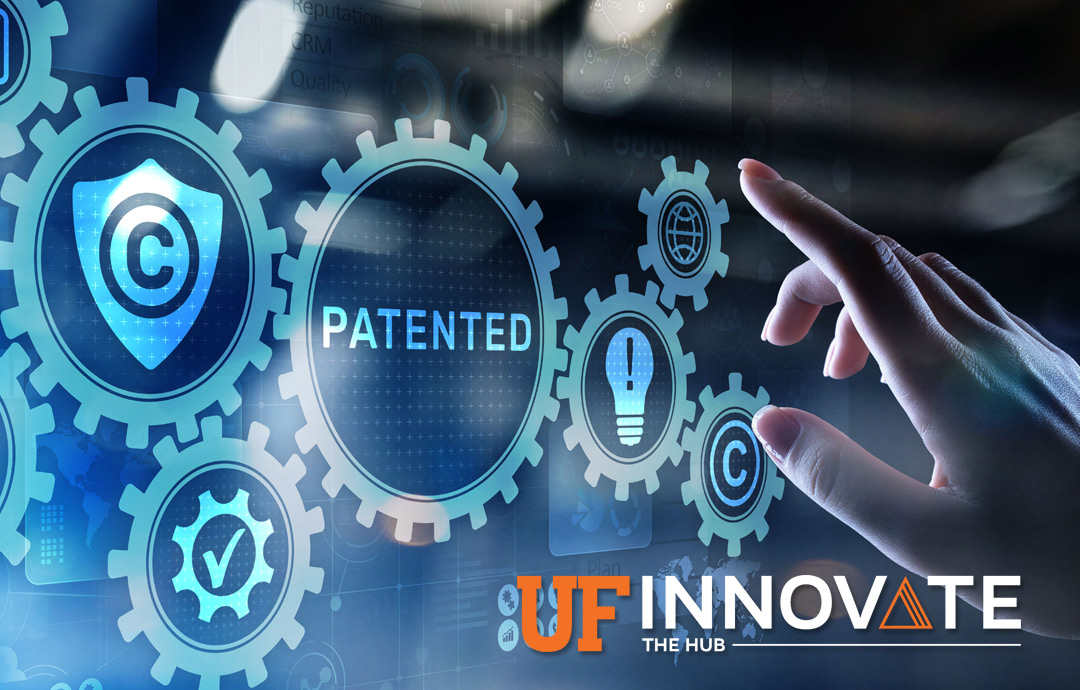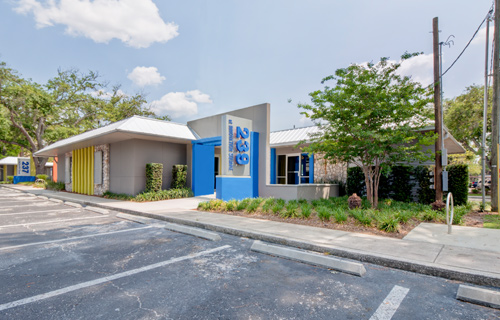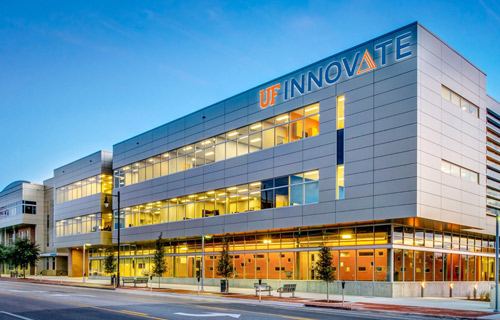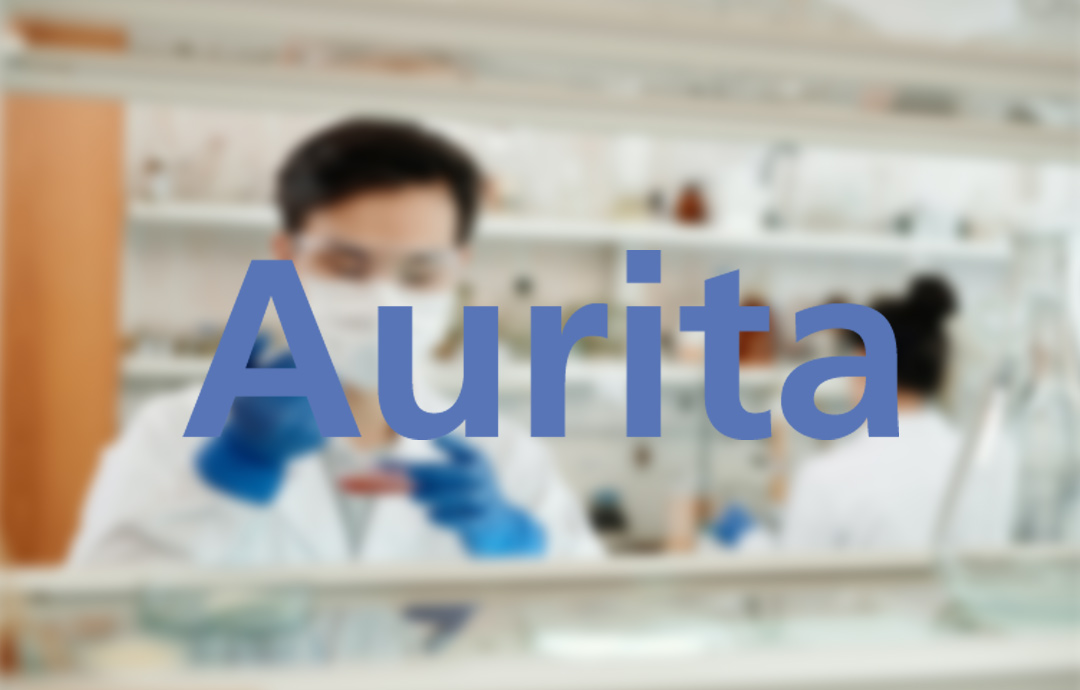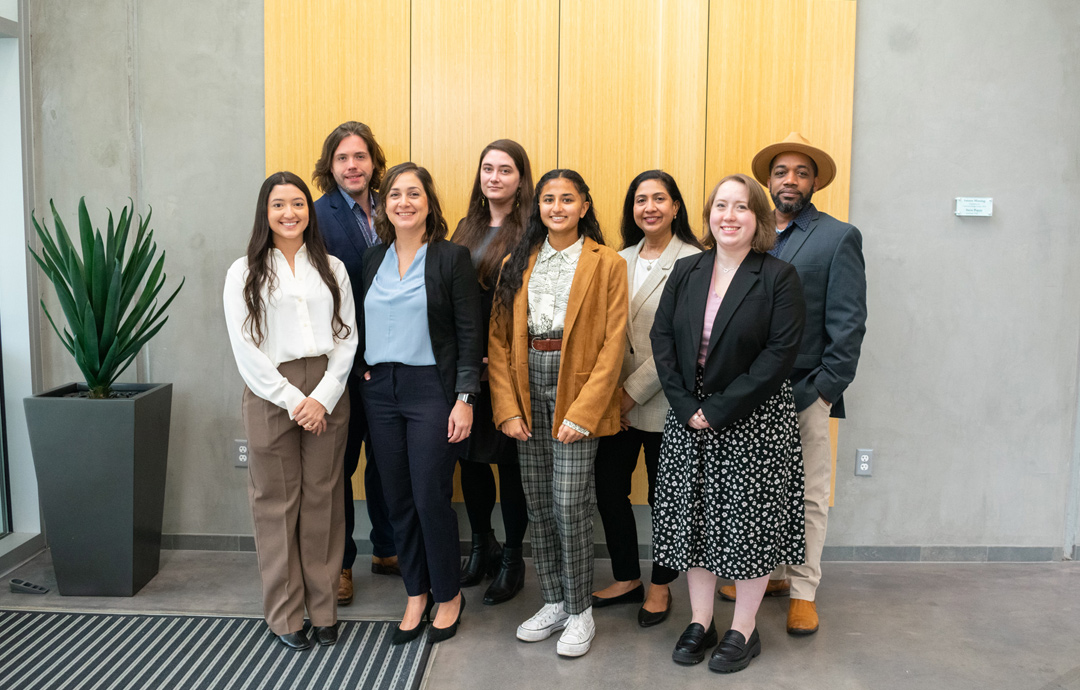Licensing of Academic Patents Has Contributed Up to $1.7 Trillion to US Economy
6 years agoThe study discovered that the licensing of university and nonprofit research, such as the work done at UF Innovate, headquartered in the Gainesville Innovation District, has made a significant contribution to US GDP, industrial gross output, and jobs over the last 22 years.
PHILADELPHIA--(BUSINESS WIRE)--The licensing of university and nonprofit research has made a significant contribution to US gross domestic product (GDP), industrial gross output, and jobs over the last 22 years, according to an independent study released today and commissioned by the Biotechnology Innovation Organization (BIO) and AUTM, a global nonprofit that works to advance ideas from research institutions into the marketplace.
The report, “The Economic Contribution of University/Nonprofit Inventions in the United States: 1996-2017,” documents the sizeable return that US taxpayers receive on their investment in federally funded research. It shows that, during a 22-year period, nonprofit patents and the subsequent licensing to industry bolstered US industry gross output by up to $1.7 trillion, US GDP by up to $865 billion, and supported up to 5.9 million person years of employment.
“Over the past 20 years nearly 60% of all new drugs worldwide were created in the US alone – more than in the rest of the world combined,” said Hans Sauer, BIO’s Deputy General Counsel and Vice President. “Thanks to the enduring effectiveness of the Bayh-Dole Act, our nation’s carefully balanced ecosystem of publicly and privately funded life-sciences research and development activity continues to turn foundational knowledge into real-life medicines and treatments. This updated study demonstrates that fact.”
“Simply put, the world has changed for the better because of the commercialization of ground-breaking research at US universities, hospitals and research laboratories,” said AUTM CEO Stephen J. Susalka. “This positive effect can be seen in the hundreds of new products and more than a thousand companies launched annually. But if there’s one overarching takeaway from this report, it is that the commercialization of those ideas, and the quality of life they foster worldwide, has a significant effect on the US GDP and drives the creation of new jobs.”
The report’s findings, which were collected by technology transfer experts and former senior economic consultants, is based on data gathered by AUTM in its Annual Licensing Activity Survey.
“Generous public funding in basic medical research is supplemented by staggering private investment to turn foundational knowledge into real-life medicines and treatments,” said Sauer. “Without the willingness of private companies to invest in costly and risky drug development, it is fair to say that most publicly funded basic research would never result in new real-life treatments.”
The report was co-authored by Lori Pressman, Mark Planting, Jennifer Bond, Robert Yuskavage, and Carol Moylan.
The report is available at
www.bio.org/Patents and www.autm.net/Reports
About BIO
BIO is the world's largest trade association representing biotechnology companies, academic institutions, state biotechnology centers and related organizations across the United States and in more than 30 other nations. BIO members are involved in the research and development of innovative healthcare, agricultural, industrial and environmental biotechnology products. BIO also produces the BIO International Convention, the world’s largest gathering of the biotechnology industry, along with industry-leading investor and partnering meetings held around the world. BIOtechNOW is BIO's blog chronicling “innovations transforming our world” and the BIO Newsletter is the organization’s bi-weekly email newsletter. Subscribe to the BIO Newsletter.
About AUTM
AUTM is the nonprofit leader in efforts to educate, promote and inspire professionals to support the development of academic research that changes the world and drives innovation forward. Our community is comprised of more than 3,000 members who work in more than 800 universities, research centers, hospitals, businesses and government organizations around the globe. To learn more about AUTM, visit www.autm.net.
